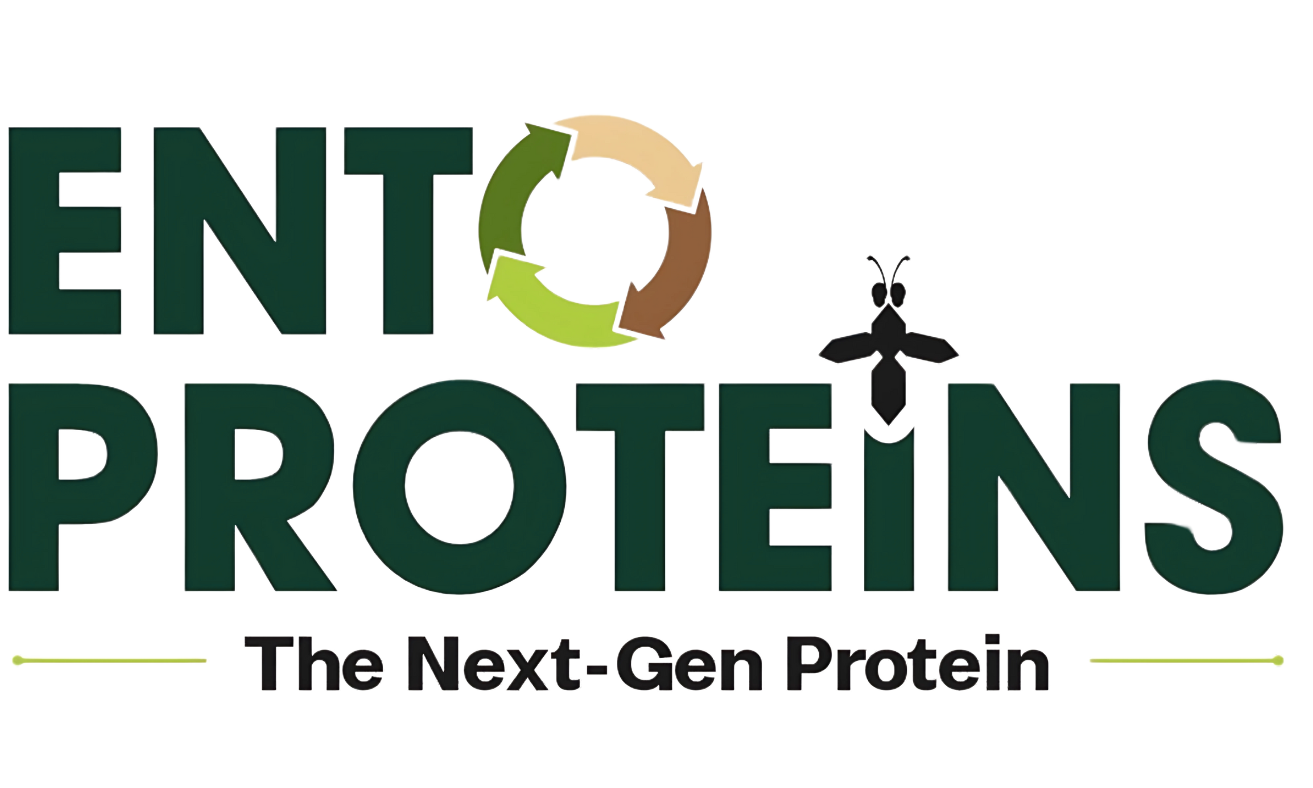Faster, Cleaner, Greener: How BSF Tech is the Future of Composting
Our planet is facing a colossal challenge: waste. Every year, we generate over 2 billion tonnes of municipal solid waste globally, and a significant portion of that is wet, organic matter. From kitchen scraps to agricultural residue, this waste clogs our landfills, releasing harmful greenhouse gases and polluting our environment. For decades, composting has been championed as the eco-friendly answer. And while it’s a step in the right direction, it’s time to ask: can we do better?
The answer is a resounding yes. A new frontier in waste management is not just emerging but is proving to be a revolutionary leap forward. It’s faster, cleaner, and greener than traditional methods. We’re talking about Black Soldier Fly (BSF) technology, a powerful fusion of nature and innovation that is poised to redefine the future of composting.
The Limits of Traditional Composting
Traditional composting is a familiar process. It involves piling organic waste and letting microorganisms break it down over time into a nutrient-rich soil amendment. It’s a valuable process that diverts waste from landfills. However, it’s not without its significant drawbacks.
- It’s Slow: A typical composting cycle can take anywhere from two to twelve months. This slow pace makes it difficult to scale and manage the sheer volume of wet waste modern society produces.
- It’s Space-Hungry: Composting piles, or windrows, require a large physical footprint, making them impractical for urban centres where waste generation is most concentrated.
- It’s Not-So-Green: As organic matter decomposes anaerobically (without oxygen) in parts of the pile, it releases methane—a greenhouse gas over 25 times more potent than carbon dioxide.
- It Can Be a Nuisance: Anyone who has walked past a large-scale composting facility knows the associated odours. These sites can also attract pests like rodents and flies, creating public health concerns.
These limitations mean that while well-intentioned, traditional composting struggles to be the efficient, scalable, and truly clean solution our world urgently needs.
Enter the Black Soldier Fly: Nature’s Ultimate Upcycler
At the heart of this new technology is a remarkable insect: Hermetia illucens, the Black Soldier Fly. Unlike common houseflies, the adult BSF is not a pest. It doesn’t bite, sting, or transmit diseases. Its true magic lies in its larval stage.
BSF larvae are voracious eaters with an insatiable appetite for organic waste. At Ento Proteins, we have harnessed this natural power in a controlled, high-tech environment. Here’s how it transforms waste management:
FASTER: Forget months; think days. BSF larvae can consume and convert wet organic waste in as little as 7-10 days. A single larva can eat twice its body weight in waste every single day. This incredible speed allows for a continuous and highly efficient processing capacity, capable of handling large, consistent streams of waste from cities and industries.
CLEANER: The BSF process is remarkably clean. The larvae’s digestive system naturally neutralises harmful pathogens like E. coli and Salmonella, sanitising the waste. The process produces minimal odour and, because the larvae are so efficient, they outcompete the organisms that cause decay and attract pests. The result is a system that can operate closer to urban areas without causing a nuisance.
GREENER: This is where BSF technology truly shines. By rapidly consuming waste, the larvae prevent the anaerobic decomposition that produces methane. Studies have shown that BSF treatment can reduce greenhouse gas emissions by over 95% compared to traditional composting. It’s a quantum leap in climate-friendly waste management.
Beyond Waste: Creating a Circular Economy
Perhaps the most compelling aspect of BSF technology is that it doesn’t just manage waste; it upcycles it. This process isn’t about disposal; it’s about bioconversion, turning a low-value problem into high-value, sustainable products.
- Sustainable Animal Feed: Once the larvae have eaten their fill, they are harvested. These plump larvae are a powerhouse of nutrition, rich in protein (40-50%) and healthy fats. They are processed into a highly sustainable animal feed ingredient for aquaculture, poultry, and pets. This creates a circular food system, reducing our reliance on environmentally taxing resources like fishmeal and soy.
- Premium Organic Fertiliser (Frass): The byproduct of the process is “frass”—the larvae’s manure. This is not your average compost. Frass is a potent, dry, and odourless organic fertiliser packed with essential nutrients and beneficial microbes. It enhances soil structure, improves water retention, and can even help plants build a natural resistance to pests.
The Future is here…
The choice is becoming clear. We can continue with the slow, inefficient, and emission-heavy methods of the past, or we can embrace a solution that aligns with the needs of the 21st century. Black Soldier Fly technology offers a vision of the future where waste is no longer a burden but a resource. It’s a system that is faster, cleaner for our communities, and greener for our planet.
At Ento Proteins, we are proud to be at the forefront of this revolution, building a circular economy one tonne of waste at a time.
Blogs
Latest Updates & Insights
Access a curated library of news, insights, and research that supports informed decision-making and drives progress toward a sustainable future.



